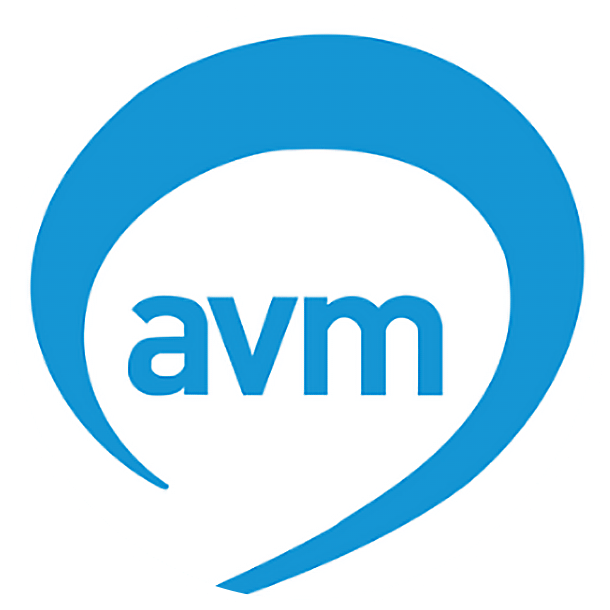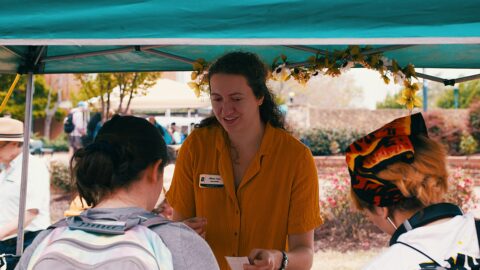by Shaun Delaney
As a volunteer manager, I like my practice to be evidence-based. I think we all do. We’re forever evaluating, surveying, measuring and holding focus groups to make sure we are doing our very best by our volunteers. But as we know, there are some things we could do with knowing a bit more about.
On 7 June, the Association of Volunteer Managers (AVM), Voluntary Sector Studies Network (VSSN) and the National Network of Volunteer Involving Agencies (NNVIA) held an event to plan how we can answer these questions – an event which NCVO was thrilled to support and host. This event brought together the researchers, practitioners and everyone in-between to ask ‘how can we better work together to advance volunteering research’. Get the full lowdown from AVM Chair Ruth Leonard’s blog and comments from VSSN’s Jon Dean.
Practitioners tackle the problems, researchers tackle the solutions
The day had a packed agenda. We started by hearing from the researchers and academics. Margaret Harris was quite clear – ‘if there isn’t a problem, why are we spending time on it?’ And I agree. While we perhaps all wonder why milk makes our cereal soggy, there are bigger problems to solve. As busy people with limited resources, let’s focus on the big issues we are facing. As one of our speakers said, ‘it’s not just about academic masturbation’.
This was my first main message of the day: Let’s be clear what problems volunteer managers face, then ask researchers to help us find the answer.
Practitioners and researchers speaking a shared language
After lunch, we heard from volunteering specialists. First up, Rachel Bailey tackling a key question of the day – ‘why don’t academics and volunteer managers work together more?’ Rachel helped us see something that we perhaps hadn’t noticed before.
Volunteer management isn’t an academic profession. You can’t do a GCSE in social action or a Masters in volunteering. In fact, as recent research suggests, volunteer management requires insight and skills in emotional labour – one of the key things that separates volunteer managements from staff management. So naturally, volunteer managers start their careers in people-oriented professions and may not know one end of a researcher form the other.
So my second take-away message: for practitioners and researchers to work better together, we need to better understand each other’s language.
It ain’t what you do, it’s the way that you do it
We finished the day looking to the future. How can we find the solutions we need, by better working together? We came up with quite a list. But the thing for me that came out was around communication. For any of this to mean anything, we need to have an audience that is receptive to research – and will actually read it! There is stacks of great insight out there. But if it’s impenetrable, it’s just another dusty book on a shelf. People rarely change how they do things after passively reading a single document too so this insight needs to be engaging.
My final piece of learning for the day: Research is great, but finding a way to bring it to life makes it even greater.
For more information, check out the AVM and VSSN blogs.
About Shaun

Shaun Delaney is Volunteering Development Manager at NCVO, overseeing strategy for volunteer management and good practice.
Previously, he was head of volunteering at Samaritans and is currently a volunteer trustee of Greater London Volunteering. This was first posted on the NCVO website.




